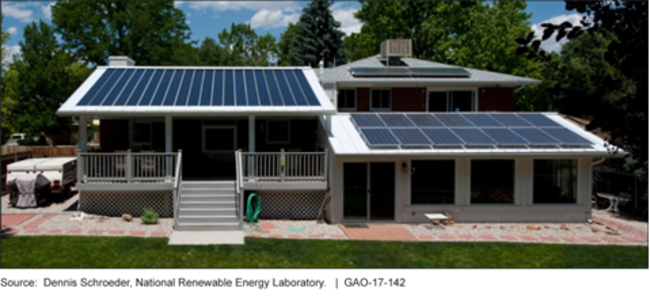“Incredibly dangerous.” “Disgusting.” “Divorced from reality.” White House Press Secretary Karine Jean-Pierre finally put the Biden administration on record condemning nearly three years of disastrously misguided “public health” responses to the COVID-19 pandemic.
Oh, wait, no. Jean-Pierre (and her bosses) aren’t upset about more than one million American dead, ineffectual vaccines, a ravaged economy, the “public health” establishment’s complete abandonment of long-established principles and findings of science, and so forth.
The burrs under their fur are what they deem “personal attacks” on the premier public face of all those failures, Dr. Anthony Fauci, by new Chief Twit Elon Musk.
“My pronouns are Prosecute/Fauci,” Musk tweeted on December 11. And, later, “[Fauci] lied to Congress and funded gain-of-function research that killed millions of people.”
Whether the research Fauci lied to Congress about actually resulted in the pandemic is certainly open to question (Occam’s Razor says the best bet is that COVID-19, like most viruses affecting humans, naturally made the jump from other animals). But he did lie about it. And that’s not all he’s lied about.
Anthony Fauci lies. He lies a lot. He lies constantly. He lies flagrantly. He lies like a rug, then often brags that he lied, then whines that noticing he’s lying is tantamount to attacking “science.”
He lied (after initially telling the truth) about the efficacy of masks in preventing the spread of viral infection (science doesn’t support the claim), then claimed the truth was a lie he’d told to avoid a public run on masks.
He lied about the efficacy of the COVID-19 vaccines in preventing both infection and transmission.
He gave one number for vaccination rates required to establish “herd immunity,” then jacked up that number and claimed he’d been lying before to encourage vaccine uptake.
He colluded with other “public health” officials to encourage “devastating takedowns” of real scientists whose real science disagreed with the politically motivated pseudo-science he pushed from his perch atop the National Institute of Allergy and Infectious Diseases, then lied and tried to shift the blame.
And, yes, he lied about the NIH/NIAID role in funding gain-of-function research in Wuhan.
The rate at which Anthony Fauci’s pants burst into flame probably keeps several clothing manufacturers solvent. When humans return to the moon, they’ll be met by the tip of Fauci’s nose.
Anthony Fauci’s lies increased the damage done by, and the number of lives lost to, COVID-19.
Not being a lawyer, I don’t claim to know whether any of his lies constitute crimes which might be successfully prosecuted. But of one thing there can be no reasonable doubt whatsoever: His extensive, undeniable, and seemingly compulsive habit of lying is unworthy of defense from the White House, or from anywhere else.
Thomas L. Knapp (Twitter: @thomaslknapp) is director and senior news analyst at the William Lloyd Garrison Center for Libertarian Advocacy Journalism (thegarrisoncenter.org). He lives and works in north central Florida.
PUBLICATION/CITATION HISTORY



